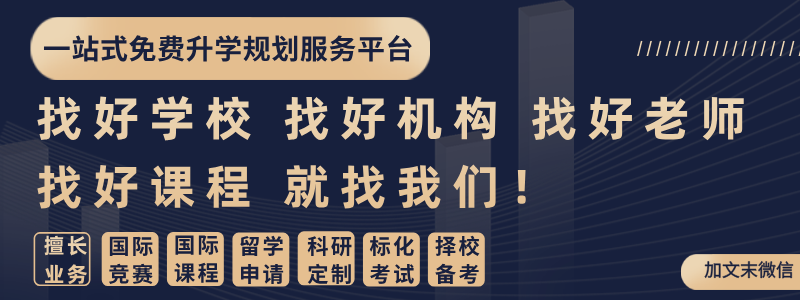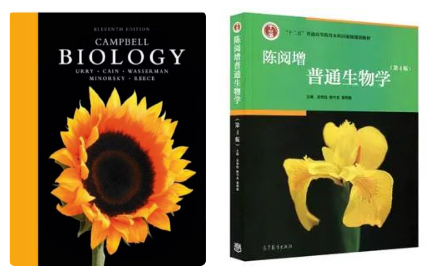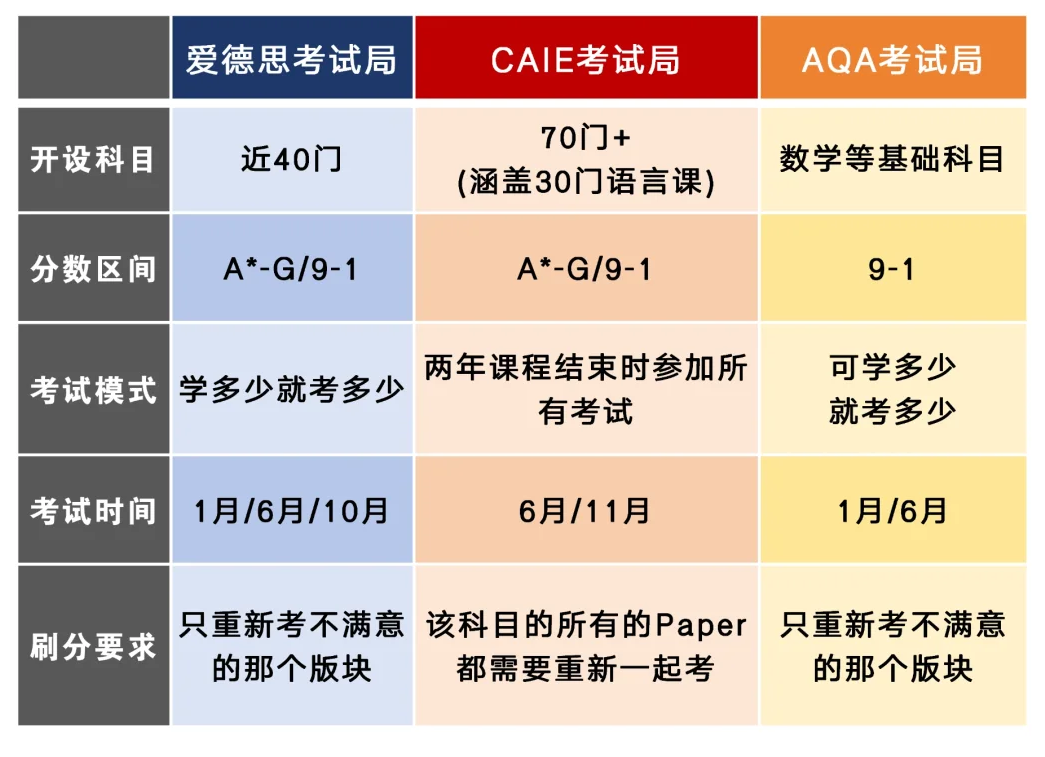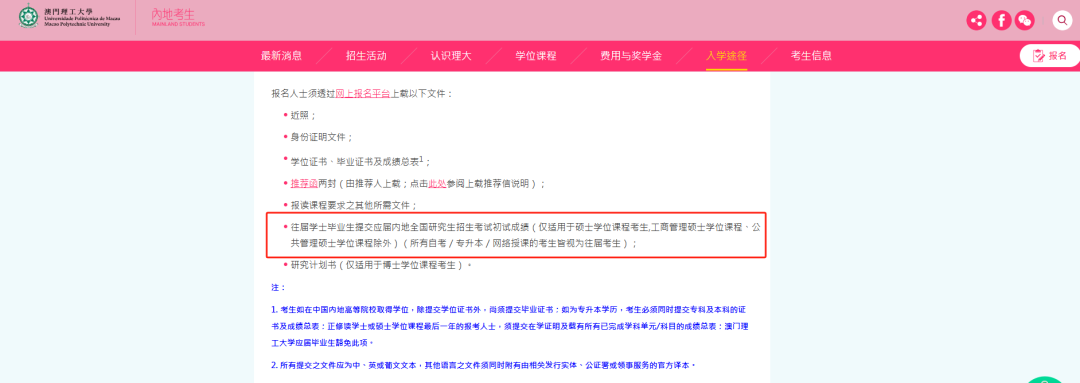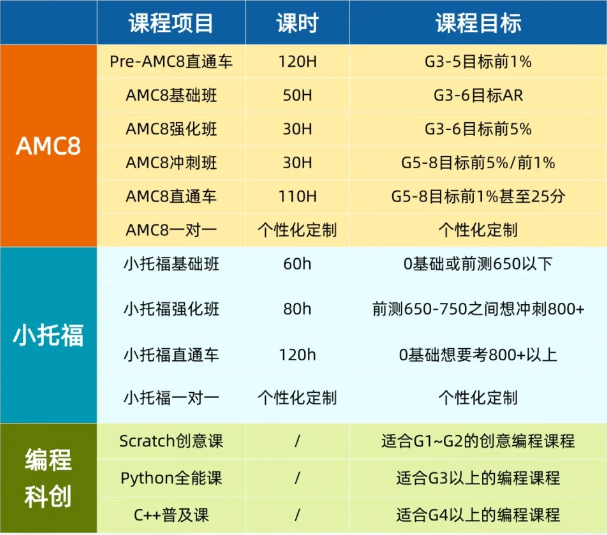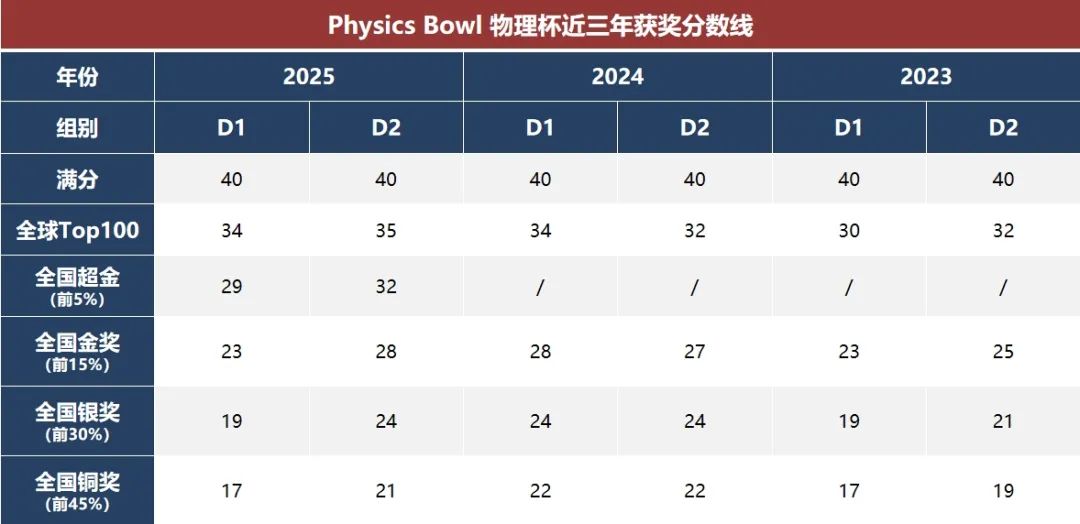全球顶尖学术写作竞赛——HIR哈佛国际评论写作挑战赛(夏季赛)即将关闭报名通道!(本月底截止)如果你渴望在国际事务领域展现独到见解,用笔触影响世界,现在就是最后的机会!
HIR是一场汇聚全球精英学子的思想盛宴,以其独特的赛事设计、顶配的评审团队以及广泛的影响力,成为了检验、提升学生综合实力的利器,甚至也可以说是打开美本院校甚至藤校、G5的钥匙。

今年 25Fall ED阶段,猫头鹰学员就有7名参与过「HIR哈佛国际评论写作竞赛」,分别拿到了宾大、康奈尔、埃默里、南加大、波莫纳、北卡等名校offer!可见名校种子选手对这项竞赛能带来的技能提升的重视程度。
左右滑动查看offer
HIR 哈佛评论写作竞赛
哈佛国际评论(Harvard International Review Academic Writing Compe-tition)是由《哈佛国际评论》举办,面向全球9-12年级中学生的学术写作竞赛。
参赛学生可以自行选取某个“关乎人类未来共同命运的本土或国际问题”为主题,写一篇800-1200英文单词的学术文章。由《哈佛国际评论》期刊编辑、哈佛学者组成的评委会评审,将评审来自全球各地的投稿作品,评选出各级奖项。
作品晋级决赛的参赛者,将受邀参加线上学术答辩会,获得评审团反馈意见,每届赛事的部分优秀作品,将获得《哈佛国际评论》的表彰提名及发表。
2025 比赛主题:
主题A:Global Commons and Stewardship of Shared Resources(全球公域与共享资源的治理)
主题B:Emerging Powers in aChanging Global Order(变化中的全球秩序与新兴大国)
主题C:Resilient Cities and Urban Futures(韧性城市与未来都市)
提交前梳理复盘
竞赛信息速览
参赛资格与形式
适合人群:全球9-12年级高中生,无国籍限制。参赛形式:允许1-2人合作投稿,提交时需注明所有作者信息。
赛季时间节点(美东时间)
| 赛季 | 报名截止 | 提交截止 | 线上答辩日 |
| 春季 | 2025年4月25日 | 2025年5月31日 | 2025年6月9日 |
| 夏季 | 2025年7月 | 2025年8月31日 | 2025年10月5日 |
| 秋冬季 | 2025年11月 | 2026年1月2日 | 2026年2月5日 |
* 注:各节点截止时间为当日23:59(EST),超时提交视为无效
作品格式规范
▶ 字数:800-1200词(不含图表、数据表、作者声明);
▶引用格式:所有事实性陈述必须附超链接(嵌入关键词,如“全球60%芯片供应[链接]”)。非网络来源需按AP格式引用;
▶写作风格:学术化、非主观,禁用“I believe”等第一人称表述,需基于证据分析;
▶标题:避免新闻体(如“无人谈论的贸易战”),建议改为“Silent Conflict: X对Y的影响”。
评分重点(A+级标准)
选题:紧扣主题,具有国际相关性且视角独特;结构:逻辑清晰,段落间过渡自然,引言需有钩子;证据:所有论点需用高质量来源支撑(学术论文、国际组织报告等);语言:零语法错误,符合HIR格式(如US$100、Kyiv非Kiev)。
HIR的优秀作品到底长啥样?
通过历届获奖作品和官方给出的“写作指南”,老师总结了HIR竞赛的优质作品具备6个关键要素:
◎ 主题相关性:文章必须紧密围绕竞赛的两个主题之一“VUCA世界中的不平等”或“全球挑战与集体行动”,并且要从全球视角进行分析,而不是局限于某个国家。
◎ 分析与证据:文章需要有扎实的分析,并且所有事实性陈述都必须有可靠的来源支持。文章不能仅仅是事实的堆砌,而应该通过分析证据来支持作者的论点。
◎ 结构与逻辑:文章的结构应当清晰,段落之间要有自然的过渡,逻辑流畅。引言部分需要吸引读者,并有效引出作者的主要论点。
◎ 写作风格:文章的风格应当正式、学术化,避免过于随意的语气。同时,文章应当遵循HIR的写作风格指南,包括正确的引用格式、避免使用过多的缩写、保持文化敏感性等。
◎ 创新性与深度:文章应当探讨一个未被充分讨论的全球性问题(比较接地气的说法就是,你的话题应该有很热又不热的关注度),并且通过深入的分析和独特的视角来展示作者的思考。
◎ 语言与格式:文章的语言应当简洁明了,避免冗长的句子和不必要的复杂表达。同时,文章需要符合HIR的格式要求,包括引用方式、标点符号的使用等。
如果你觉得还是很迷茫,那我们可以用一篇HIR官方推荐的例文来做一个小分析:
文章标题:
The Trade War That No One Is Talking About
Amid the noise of the United States' engagement with China, Japan and South Korea have recently engaged in their own trade war. On July 4 of this year, while Americans were celebrating their own independence and freedom, South Koreans were reminded of their own colonial history as their neighbor and former colonizer, Japan, began to impose new trade sanctions. What started off as a South Korean Supreme Court ruling has now escalated into a crippling economic war that threatens a key source of technology for Asia and the world.
Although this particular dispute is now only a few months old, the roots of colonialism began in 1910 when the Japanese Empire invaded and occupied the entirety of the Korean peninsula. Over the course of the next few decades, the Japanese Empire would aggressively expand and control most of South-East Asia and even parts of China, until its ultimate demise at the end of the Second World War. During Japanese occupation of Korea, Japanese companies, such as Mitsubishi and Nippon Steel, often times conscripted Korean men and women for forced unpaid labor.
Recently, however, the South Korean Supreme Court ruled in October and November of 2018 that Japanese companies must pay reparations for these historical injustices. Consequently, on July fourth, the Japanese government retaliated by imposing limitations on the trade of materials essential to the construction of microchips and technological products in South Korea. Incensed by South Korea’s lack of response, Japan reinforced its message by taking South Korea off its “white-list” of favored trading partners, leading to ramifications beyond the technology industry. South Korea reacted by removing Japan from their equivalent top tier of preferred trading partners. In this deep spiral of sanctions in response, South Korea and Japan have interlocked in a vicious and politically charged trade war. While many trade wars are understood as responses to unequal terms of trade, Japan and South Korea's trade war seems to be particularly coded in political motives, given that its impetus was about reconciling with Japan's colonial past.
And, there seems to be no clear end in sight. Public opinion in both countries are highly supportive of their respective government’s policies, so both Seoul and Tokyo have political incentive to continue their policies or even escalate. With federal elections occurring within the next year for both countries, neither country can afford to buck against public opinion.
Moreover, unlike other disputes like the nuclear threat of North Korea, no foreign power is willing to aid in diffusing the tension and mediate between the two neighboring countries. The United States has traditionally adopted the role of the mediator but with its own trade worries with China, Washington has no attention that it can spare to Japan and South Korea. Furthermore, the US has historically allied with both Japan and South Korea, so it has little incentive to be involved, lest it risk its relationship with either country.
Indeed, almost every country in the world has a vested interest in the swift resolution of this conflict. The world relies on South Korea for its technology products, ranging from microchips to completely processed smartphones. The Korean technology industry is a necessity even for Western giants, such as Apple and Dell. Korea supplies 60 percent of the world’s DRAM memory chips. However, the Korean technology industry conversely relies on Japan for its chemicals, such as fluorinated polyamides, as an intermediary product for the making of semiconductors and computer chips.
With stakes this high, it is crucial that the economic war be resolved with urgency. The highly politicized nature of this particular trade war clouds rational judgement of politicians. This is detrimental, especially when the chips in play are the economic outlooks of millions of Japanese and Korean citizens, as well as the global technology industry. There is not a trade-off between attention paid to the US-China trade war and that of Japan and South Korea. Both play a crucial role in the global economy and affect billions of people’s day-to-day lives. As some of the biggest economic powers in Asia spiral into economic warfare, international neglect could have ramifications that affect the world at large.
文章亮点:
01 全球化视角:这篇文章强调了全球供应链如何受到单一国家政策的影响。稀土资源不仅是中国经济的核心组成部分,也是全球技术产业的关键,因此对贸易战的讨论深入分析了不同国家和地区的经济利益。
02 选题角度:大家都在关注中美贸易战,似乎是一个没什么新意的议题,但是日韩贸易战就不一样了,这是一个很值得关注的领域但是又很少有人加以笔墨,妙哉!
03 事实支持:文章通过提供具体数据(例如稀土资源的占比)来支持作者的论点,使读者能够理解稀土贸易战的复杂性。
04 分析性观点:作者并非单纯描述事件,而是深入探讨其背后的全球性影响,特别是如何影响技术创新、能源转型这种全球议题。
05 解决方案:文章最后提到可能的解决途径,如加强全球合作和减少对单一国家资源的依赖。


